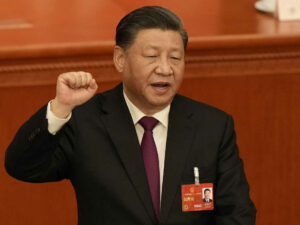
Given China’s drivers, it’s difficult to imagine how this trend could be halted or reversed short of the collapse or overthrow of the CCP. That’s coming but of course it’s impossible to predict when.

Given China’s drivers, it’s difficult to imagine how this trend could be halted or reversed short of the collapse or overthrow of the CCP. That’s coming but of course it’s impossible to predict when.
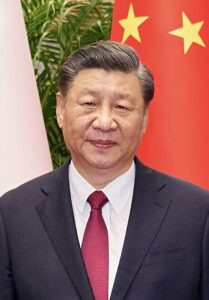
If Xi’s Chinese-style modernization has shattered the myth that modern-is-Western, then why is his economy still so dependent on Western science and technology?

In fact, China’s “miracle” was neither an “unprecedented feat” nor as rapid as the modernizations of its own East Asian neighbors, let alone characterized by “long-term social stability.”

Xi’s “new type civilization” is the opposite of all this. Instead of enlightenment, emancipation, freedom, critical thinking, science and democracy.
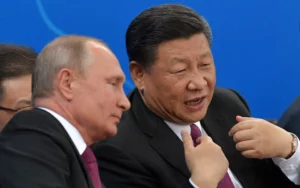
When one surveys the history of American interventionism in other countries—from Brazil to Guatemala, from Cuba to Chile, from Mossadegh’s Iran to Grenada and Nicaragua—and when we contemplate . . .
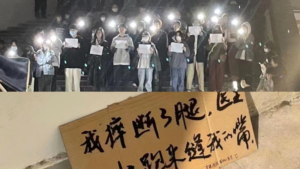
More than just the lockdown, what motivates these protests is people’s sense of not being heard in a political system that so arrogantly disregards popular opinions.
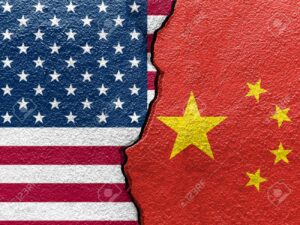
The United States has long dominated Latin America, but today—in fact for the last twenty years—it is being challenged by China, which has invested billions and established political and some military relationships with many governments in the region.

Peter Ranis discusses repression, exploitation, and ecological devastation in China’s authoritarian capitalism.

Michael Karadjis assesses and rejects the claim that China’s impressive poverty reduction makes it a socialist country.
Saturday 26 February 2022,
This petition now circulating among Chinese academics on Chinese social media is being now censored by China’s Internet overseers.
The war began in darkness.
In the early hours of February 22, 2022 (the evening of February 21 in Moscow), . . .
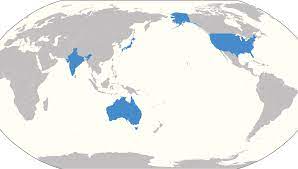
President Joseph Biden has refocused U.S. foreign policy and military strategy on America’s two great power imperial rivals: Russia and China, particularly the latter.
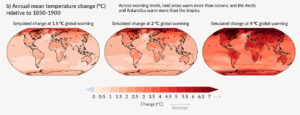
Since publication of its first assessment report in 1990, the IPCC has borne witness to the ever-worsening problem of anthropogenic climate disruption, together with what amounts to humanity’s suicidal failure to address the factors threatening collective destruction.
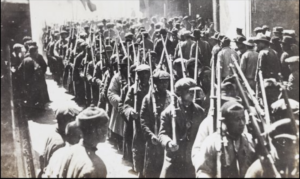
The Chinese Communist Party, founded in 1921 by revolutionary socialists inspired by democratic Marxism and the 1917 Bolshevik Revolution, was essentially destroyed by Chiang Kai-shek in 1927-28.
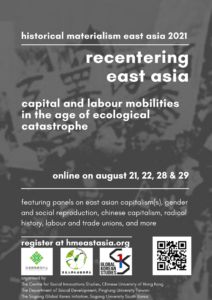
We think readers of New Politics may want to know about (and participate in) the inaugural Historical Materialism East Asia conference (online).

We should reject the argument made by some on the left that we have to support the dictator Ortega and his government because the U.S. is now opposed to it.
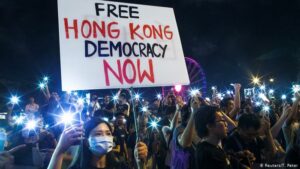
Only by becoming connected to young people and their movements can any remembrance of a past movement stand a chance of continuing to renew itself and inspire new generations for social change.
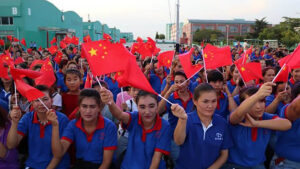
Why are some Western ‘anti-imperialists’ determined to whitewash China’s well-documented crimes against the Uighurs?